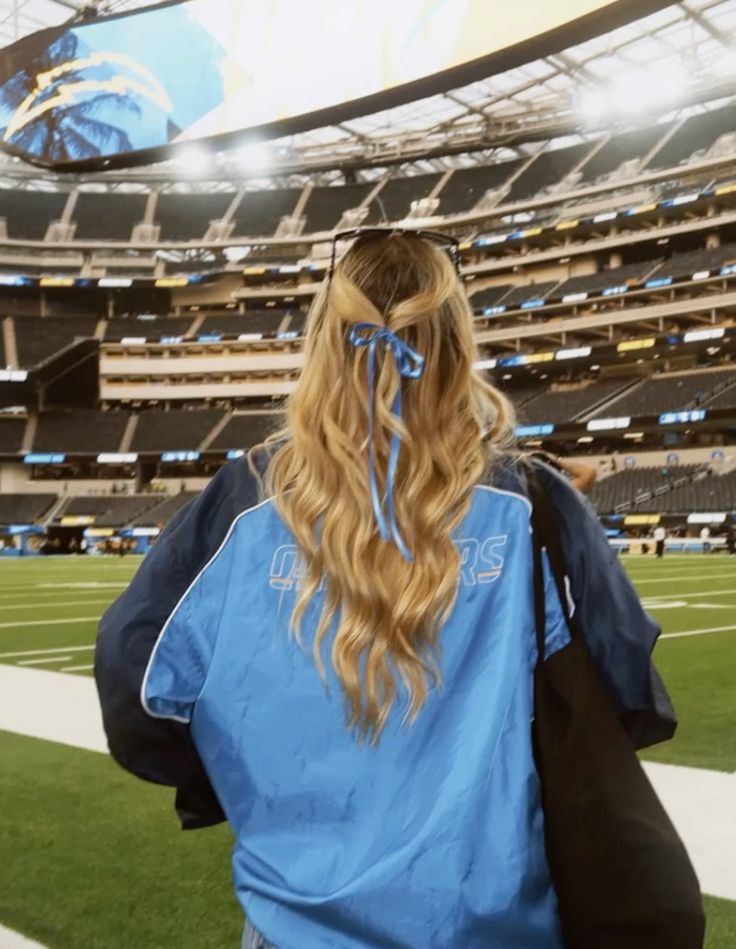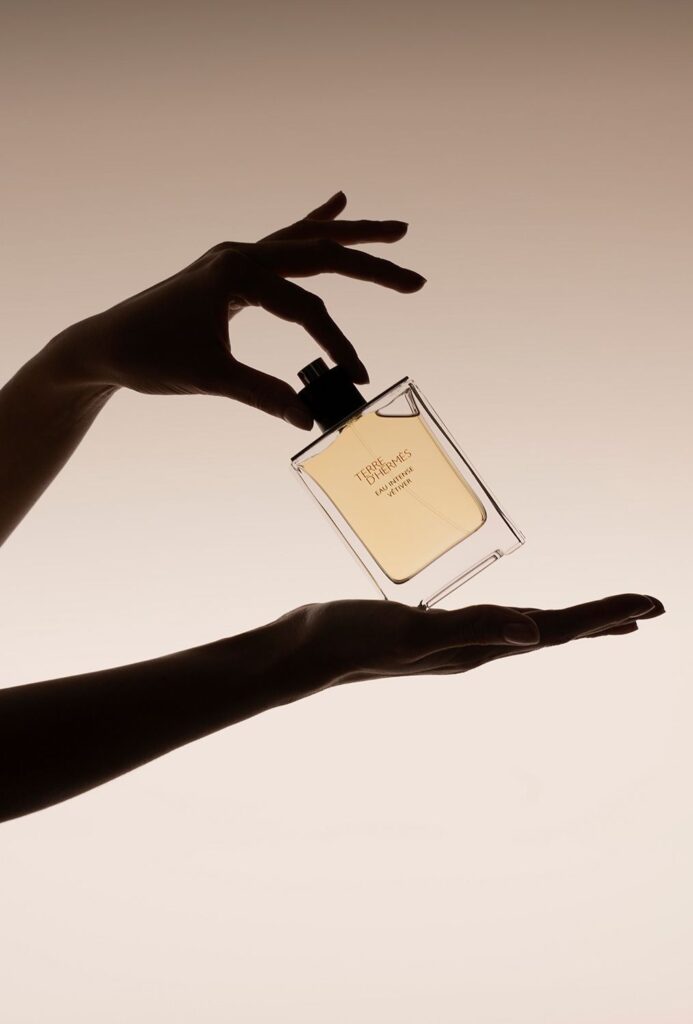After a one-liner in what is supposed to be a feminist television show sparked quite a bit of controversy last week, it’s about time the world had the following discussion: these Taylor Swift jokes are getting old.
Netflix’s “Ginny and Georgia” was released in late February, and initially received a relatively positive response, with some reviews comparing it to the 2000s hit “Gilmore Girls.” But, it pretty quickly went viral on Twitter for the dialogue in what was referred to as the “oppression olympics” scene, a phrase actually taken from the show itself.
In the scene, two characters argue about their experiences as mixed-race teenagers in a largely white suburban setting, but the entire conversation comes across as tone-deaf as they pretty much throw racist stereotypes back and forth with acting so dramatic it’s almost funny (see: the comment section of the previous video).
And the controversies didn’t stop there! About a week later, “Ginny and Georgia” made Twitter trends again for its use of a very misogynistic comment about Taylor Swift’s love life. In one scene, a character says, “You go through men faster than Taylor Swift.”
That is how #RespectTaylorSwift started trending worldwide. Swift herself spoke out against Netflix and the show in the following tweet, and received backing from many other celebrities, including Todrick Hall, Amber Rose, Jameela Jamil, and boyfriend Joe Alwyn.
Swift has, for a long time now, been the butt of many sexist jokes. Though she has had less relationships speculated by the tabloids than multiple other female artists (Miley Cyrus and Demi Lovato, to name a few), Swift tends to receive much more backlash relating to her dating history.
This is also not the first time Swift has spoken out against sexism, especially in regards to her dating life. Both her 2019 song “The Man” and her 2020 Netflix documentary “Miss Americana” address the standards women are held to in comparison to men.
Swift has pointed out numerous times that the words used to describe her dating history in the media would never be used when talking about a male celebrity. Her lyrics in “The Man” reference that idealism of men dating serially compared to the condemnation of women doing the same, saying that if she were a man, “They’d say I played the field before I found someone to commit to / And that would be okay / For me to do / Every conquest I had made would make me more of a boss to you.”
So why would a television show in 2021 still be regressing to such antiquated jokes? And why would Netflix, the very producer of Swift’s documentary about how she deals with sexist response from the media, give those jokes the green light?
It all boils back down to the representation of women in the media, and whether or not it is progressing with the times. As journalist Pallavi Prasad said in her 2019 article Joke or Sexism? Misogynist Humor Condones Prejudice, the use of a sexist joke “creates a context that justifies the expression of prejudice against women and facilitates the tolerance of sexism.”
Though recent years have seen the rise of feminist representation and awareness, most notably with the Women’s March and the #MeToo movement, Prasad works to explain that that very progress is challenged by sexist jokes. When subtly disparaging humor is written off as “just a joke,” it becomes an example of microaggression, which is just as harmful and important to address as the obvious rights and discrimination.
What do you think about this debate of modern feminism? VALLEY would love to hear! Tweet us your thoughts @VALLEYmag or tag us on Instagram @VALLEYmag to start a discussion.





